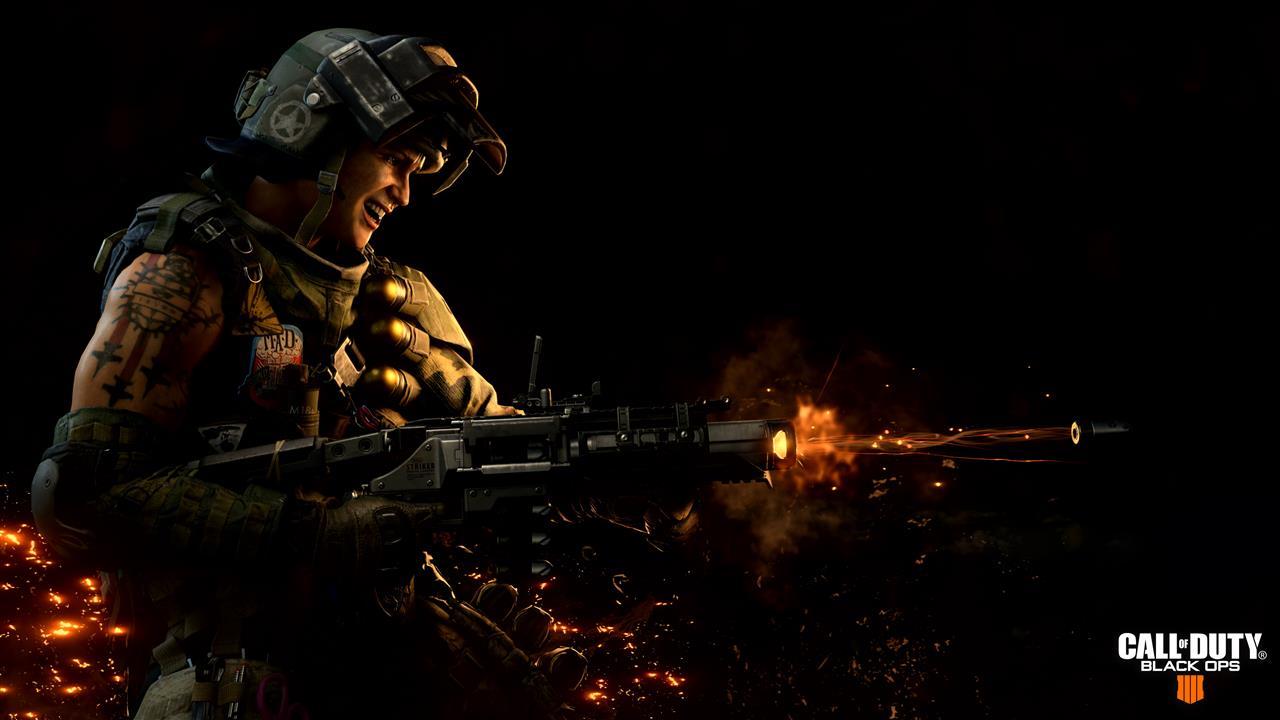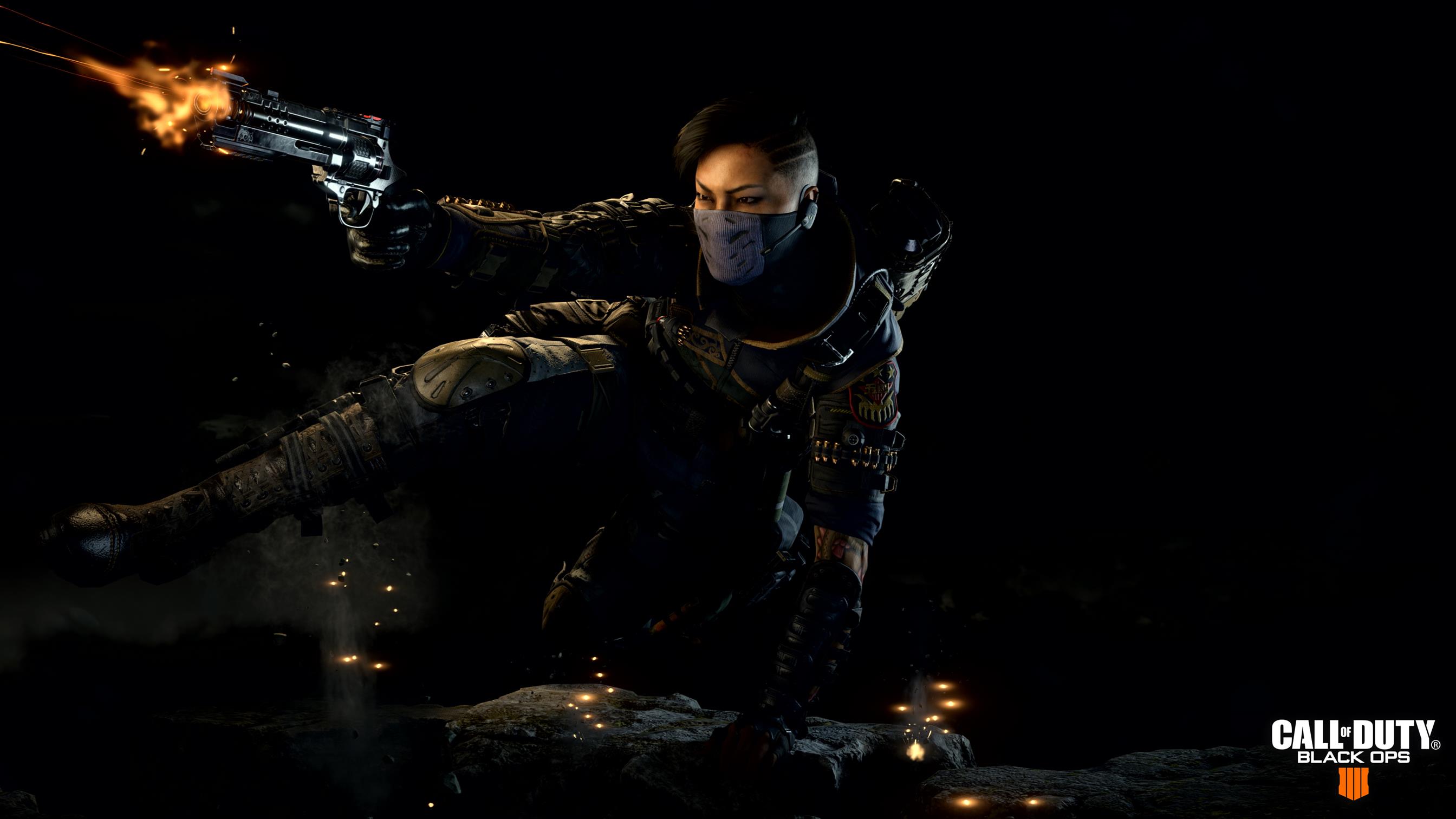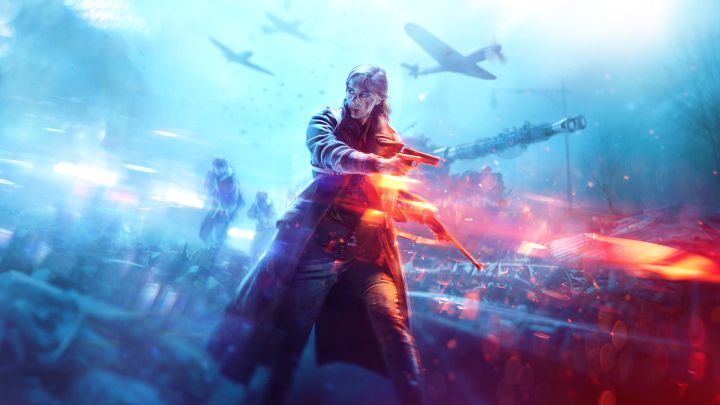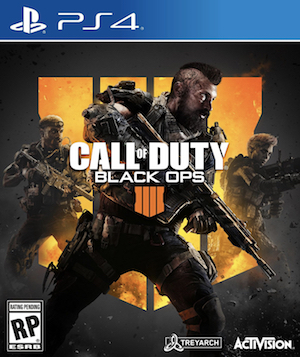
The concept of iteration has always been an interesting through the ages. “Good artists copy; great artists steal” said Apple founder Steve Jobs, though it’s originally ascribed to Pablo Picasso. The essence of this statement isn’t of stealing someone’s concept and calling it your own. It’s about taking everything that defines a certain product, transforming it with one’s own unique vision and then producing something else. Technology, art, literature, architecture, science – every field has seen visionaries adopt aspects of an idea to create something completely new. Sometimes it may not be all that transformative but a new product exists, one that carves its own niche.
"Both games were changing what most fans fundamentally identified them for. They were “stealing” ideas from different places but attempting to frame them within the context of their respective gameplay."
The gaming industry is well-versed in the concept of iteration. Numerous genres and famous franchises have been created through this process. How many first person shooters would exist without the mouse-look that defined Doom? How many hero shooters and MOBAs would be around without Defense of the Ancients (and the explosive popularity that was League of Legends)? Where would we be without Baldur’s Gate 2: Shadows of Amn, Fallout 1 and 2, Icewind Dale, The Elder Scrolls: Arena, Planescape: Torment and so many other games laying the groundwork for both computer RPGs and big-budget triple A releases?
So obviously when Call of Duty: Black Ops 4 was showcased, followed a week later by Battlefield 5, it was compelling. Both games were making changes to their core systems in the name of something bigger. Both games were changing what most fans fundamentally identified them for. They were “stealing” ideas from different places but attempting to frame them within the context of their respective gameplay.
One may look at Ruin, the Black Ops 3 Specialist making his return, and casually assume his grapple gun to be an imitation of Widowmaker from Overwatch. Which is all the more interesting when Ruin’s Specialist ability – a devastating Grav Slam – was compared to the Titan’s Fist of Havoc in Destiny. The various, interlacing abilities of the Specialists harkens to Rainbow Six: Siege, as each Operator has a fully-realized kit for completing objectives. However, that itself doesn’t stray too far from the hero shooter norm, which itself is highly reminiscent of the MOBA genre’s handling of “champions”. Layers upon layers of iteration exist and that’s just the competitive multiplayer.
"Even those who decried “Fortnite ripoff!” can’t deny that World War 2 was as much about fortification and building as the Battlefield franchise has been about destruction. "
I can empathize with those who didn’t want Call of Duty: Black Ops 4 to become this way. When I heard “No regenerating health” and saw health bars on foes, I was similarly concerned (though also wondering how Black Ops 4 could make so few leaps graphically but that’s a different issue). The lack of a single-player campaign would similarly have had more story-focused Call of Duty fans tuning out. Then there was the addition of Blackout, a Battle Royale mode with land, sea and air vehicles that calls Battlefield’s Conquest mode to mind. The changes to health regeneration sort of made sense, since there is no regenerating health in games like PlayerUnknown’s Battlegrounds or Fortnite: Battle Royale except through health items.
However, it seemed like no coincidence that Treyarch was drawing on its franchise’s rich history of characters, gadgets, weapons and incidents. It wasn’t just recycling all of these assets to fill out an already crowded genre – the emphasis was on re-purposing and iterating on them for fans of Call of Duty. Of course, how time-to-kill, accuracy, map design, progression systems, monetization and whatnot will work in Blackout still remains to be seen. Whether it’s actually geared towards the same Call of Duty fan that wants to unwind with some quick Team Deathmatch rounds as the Prestige-grinding, golden camo-rocking hardcore is similarly something to behold.
On the other hand, we have Battlefield 5. All complaints about realism and female characters aside, Battlefield 5’s changes are interesting because they don’t feel all that abrasive to the series’ past efforts. Traditionally, Battlefield 5 has been more tactical, relying on squad play for both high-octane action and ridiculous feats. So hearing that everyone could revive but the Medic could do it faster wasn’t surprising. Only being able to spawn on your squad to further reinforce the squad aspect didn’t feel out of place. Even those who decried “Fortnite ripoff!” can’t deny that World War 2 was as much about fortification and building as the Battlefield franchise has been about destruction. As an aside, Fortnite’s own building aspects take inspiration from Minecraft.
"Once again, it’s a matter of adapting to changes and honestly, those who won’t be picking it up are people who have zero interest in Call of Duty as a whole."
The real key here is iteration. Upon viewing the Battlefield 5 trailer, I didn’t see a mash of World War 2 bizarreness. I could see DICE trying to fit much that defined the franchise while pushing its newest features…and doing so in as bombastic a manner as possible. Was it a great “trailer” in that respect? Probably not but neither was Black Ops 4’s trailer for Blackout. The iteration was still apparent in both trailers.
What do these changes mean for hardcore fans of both franchises? Well, Battlefield fans will probably wrestle to adapt to some of the more nuanced changes and figure out how fortifications work. There’ll be plenty of complaining about Tides of War, not having enough factions at launch and so on and so very forth. However, Grand Operations admittedly look nice, if not a little too overblown. Meanwhile, Call of Duty fans will cry about time-to-kill and how much more over-the-top the franchise has become. They’ll still settle down and enjoy Zombies or a good round of Team Deathmatch. Once again, it’s a matter of adapting to changes and honestly, those who won’t be picking it up are people who have zero interest in Call of Duty as a whole.
How will Blackout pan out, especially over an extended period of time? Will Tides of War provide a better approach to Seasons than Star Wars Battlefront 2 did? Will either game stand the test of time which seems to be the modus operandi for shooters with live services these days? There’s no way of knowing for sure. One thing is for sure – it’s uncharted territory for these two franchises, one that very few games that were present at the right place, at the right time could master. And just like in the real world, no amount of clever stealing re-purposed into one’s own designs can change that.
Note: The views expressed in this article are those of the author and do not necessarily represent the views of, and should not be attributed to GamingBolt as an organization.



















